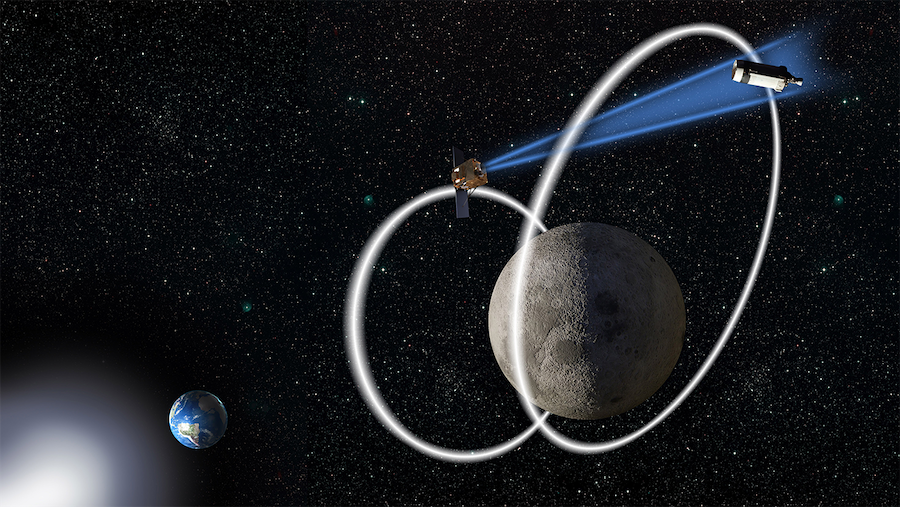
The U.S. Space Force wants to coordinate and accelerate university space technology research starting with space domain awareness.
Credit: Air Force Research Lab
COLORADO SPRINGS—The U.S. Space Force is launching five Strategic Technology Institutes to advance research and development for space technology that it believes will be critical. The institutes, which will be organized virtually, are expected to encourage U.S. universities and research entities to...
Subscription Required
U.S. Space Force Launching Five Institutes To Advance R&D is published in Aerospace Daily & Defense Report, an Aviation Week Intelligence Network (AWIN) Market Briefing and is included with your AWIN membership.
Already a member of AWIN or subscribe to Aerospace Daily & Defense Report through your company? Login with your existing email and password.
Not a member? Learn how you can access the market intelligence and data you need to stay abreast of what's happening in the aerospace and defense community.




